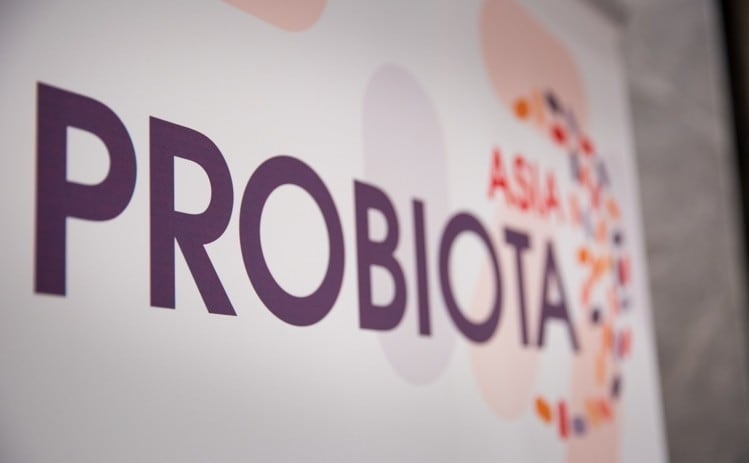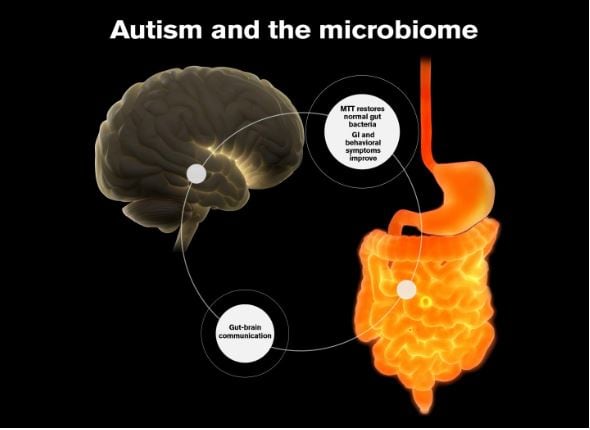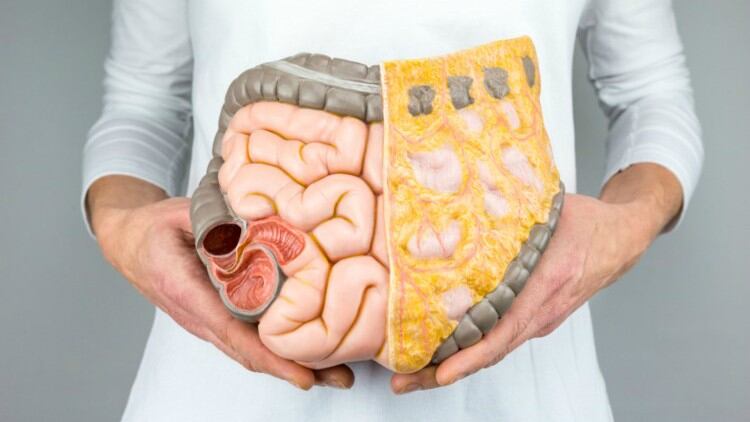The regulator is planning to introduce the finalised version of “Therapeutic Goods Order (TGO): Standards for Faecal Microbiota Transplant Products” next year, accompanied with a transition period of 12 months.
FMT is the process of transplanting gut microflora in human stool or products processed from human stool from a healthy human donor into the bowel of a recipient with a medical condition.
FMT products include fresh and banked human stool. They may be introduced to the recipient’s bowel via enema, sigmoidoscopy, colonoscopy, nasogastric, or nasoduodenal tube.
Other types of FMT products include freeze-dried human stool, or otherwise prepared, for oral ingestion.
Under the new regulatory model, most FMT products will be classified as either Class 1 biologicals or Class 2 biologicals.
Both refer to minimally manipulated FMT products from appropriately screened donors and needs to be applied for inclusion in the Australian Register of Therapeutic Goods (ARTG).
“Minimally manipulated” refers to products that have not undergone any process which can alter the biological characteristics, physiological functions, or structural properties of the original cells or tissues required for the intended use.
However, Class 1 products should be manufactured in a hospital and used in that hospital under the supervision of a registered medical practitioner who has the clinical care of the recipient patient.
Class 2 products are made in a non-hospital facility that are GMP-licensed.
Besides defining the products, the TGA added that standards for donor selection and testing, storage and traceability needs to be developed and implemented.
It said in its proposal that a clear regulatory position was needed to address uncertainty surrounding the status of FMT products in the country.
The public consultation will end on January 17 next year.
Developments
The TGA said it had previously consulted different parties prior to drafting the proposed regulations.
In October last year, it hosted a FMT stakeholder forum in Melbourne and in the first quarter this year, it conducted a public consultation on the options for regulating FMT products, where it received 22 submissions.
Commercial products
Australia is one of the countries which has been making inroads in FMT research.
A research from the University of Adelaide showed that FMT can treat patients suffering from ulcerative colitis. An agreement has been reached with UK firm Microbiotica to commercialise a microbial therapy based on the study results.





